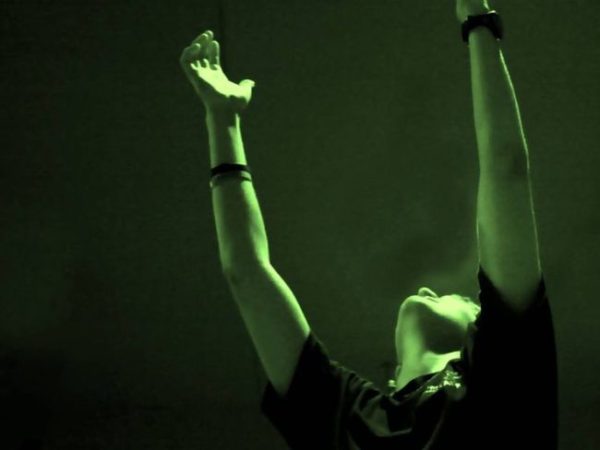The next several weeks of blogs will be based on our most recent animated poem, Chapel of My Heart. To see the full text or watch the video, click here.
To my room I would go; I’d talk to God and share my woes.
We live in an age when notions of “spirit” or “spirituality” are often presumed irreconcilable with a scientific (otherwise, true, real, accurate) understanding of the world. Such ideas reflect a “materialist” worldview—the belief that human life and experience are ultimately reduced to nothing more than the material effects of our molecular and chemical components.
Therefore, spiritual experience is explained as mere consequence of biology, behavior, cognition, and sociality for constructing a sense of transcendent purpose. Thus, it is no surprise then why contemporary talk of spiritual experience is often viewed through a lens of suspicion at best or rejection at worst. Hence, atheism, agnosticism, and secularism typically follow from such foundational beliefs. Interestingly, however, Christians can also fall prey to such presuppositions. Why? In a word . . . disillusionment.
Why is it we tend to discount memories of a vibrant faith prior to disillusionment? We question their authenticity as naive, childish, or immature when our faith no longer provides the airtight answers we once expected. Ultimately, if we choose not to trust God with the ambiguity of unanswered questions we may find it difficult to resist the pull of materialism—or at least certain versions of it—as a solution to our angst.
Maybe we don’t reject our faith wholesale but we may abandon hopes of a dynamic and spiritually satisfying faith. In doing so, we become jaded and embarrassed about our former enthusiasm of faith. Without realizing it, we become “materialists” of a sort because our faith is reduced to a system of intellectually consistent beliefs with little, if any, room for a practical spirituality. If we’re honest, we’ll need to admit we’ve settled more for a reasonable faith than a meaningful one.
It’s hard to break free from such disillusionment and it usually doesn’t happen until we become truly desperate for change. We must become more miserable over our lifeless faith than our confusing disillusionment. This is no indictment against academic study nor an endorsement of emotionalism but a simple call back to a religion of the heart . . . a faith on fire.
If we’ve allowed the difficulties of life to stifle our faith, we reverse the trend by consciously stilling our hearts and inviting the love of God in once again. How do we do this? We remember our practice as a young Christian: To my room I would go; I’d talk to God and share my woes.
May we stop letting our disappointments keep us from the place of prayer. As we do, we’ll rediscover the wonder and joy of Christian faith—a state we wrongly assumed was only a figment of childish imagination. Next week we talk about reclaiming authentic faith through child-like prayer.
What Do You Think?
Did your faith seem more vital and alive as a young Christian than it does today? If so, how so?
